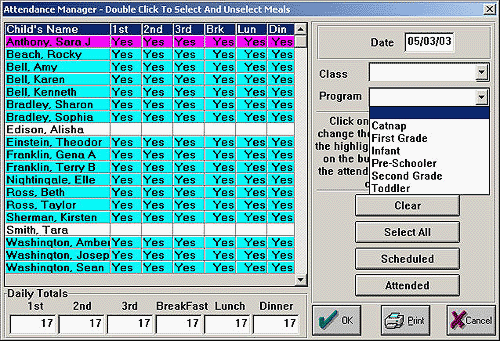



If you believe your P-EBT card had the incorrect amount or may have been mailed to an incorrect address, please complete the DHS Customer Inquiry Form. If you received a P-EBT card already, don’t throw it away, as additional amounts will be placed on these cards. Go to a local DHS office - Find a local office.Customer Inquiry form on the DHS website.Parents can contact DHS in the following ways: Baltimore City Schools does not process, issue, or distribute P-EBT cards or payments. Please see the Department of Human Services (DHS) P-EBT website for all inquiries, eligibility information and updates. Pandemic Electronic Benefits Transfer (P-EBT) Card School-level assessment tool on wellness policy implementation: Maryland School Wellness Scorecard.Public reporting on district-level wellness policy implementation: 2018-19 Data Briefing by Maryland Wellness Policies and Practices Project.All foods sold outside of regular school meal service must comply with Maryland Nutrition Standards for All Food Sold in Schools.Nutrition Standards and Mealtime Climate.Wellness, Nutrition, and Physical Education Policy.In accordance with the Healthy, Hunger-Free Kids Act (HHFKA) of 2010, City Schools has made this policy public and will continue to report on its implementation every three years. This Wellness, Nutrition, and Physical Activity policy (“WNPAP”) sets guidelines for health education, nutrition education and promotion, physical education, physical activity, nutrition standards, behavioral health services, and school-based wellness activities. Along with a comprehensive wellness education, students will have the knowledge and skills necessary to make healthy choices as they grow into adulthood. The Baltimore City Board of School Commissioners (“Board”) is committed to fostering school environments that promote student health, well-being, and the ability to learn. Department of Agriculture Office of the Assistant Secretary for Civil Rights 1400 Independence Avenue, SW Washington, D.C. Submit your completed form or letter to USDA by: To request a copy of the complaint form, call (866) 632-9992. To file a program complaint of discrimination, complete the USDA Program Discrimination Complaint Form, (AD-3027), which may also be found at any USDA office, or write a letter addressed to USDA and provide in the letter all of the information requested in the form. Additionally, program information may be made available in languages other than English. Individuals who are deaf, hard of hearing or have speech disabilities may contact USDA through the Federal Relay Service at (800) 877-8339. Braille, large print, audiotape, American Sign Language, etc.), should contact the Agency (State or local) where they applied for benefits. Persons with disabilities who require alternative means of communication for program information (e.g. Department of Agriculture (USDA) civil rights regulations and policies, the USDA, its Agencies, offices, and employees, and institutions participating in or administering USDA programs are prohibited from discriminating based on race, color, national origin, sex, disability, age, or reprisal or retaliation for prior civil rights activity in any program or activity conducted or funded by USDA. In accordance with Federal civil rights law and U.S.


 0 kommentar(er)
0 kommentar(er)
